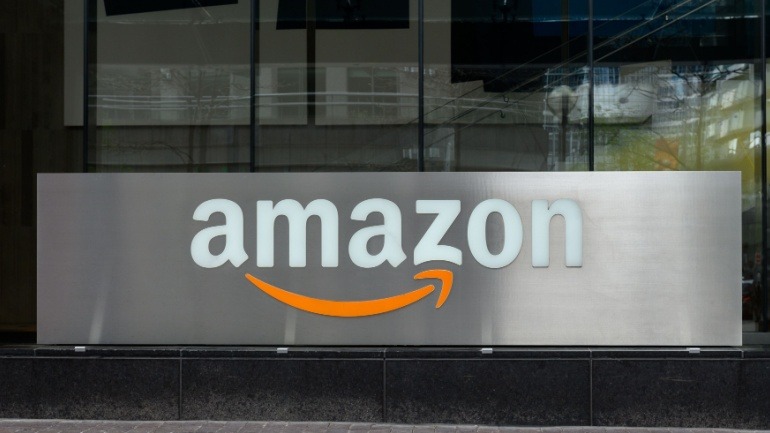Amazon has inaugurated a new facility in Kirkland, Washington, dedicated to the production of satellites for its Project Kuiper. This project aims to establish a constellation of low Earth orbit (LEO) satellites to provide internet connectivity.
However, Amazon has announced a revised timeline for the project, delaying the initial launch of its satellites to the fourth quarter of this year. Customer connections are now expected in 2025. Originally, the company planned to launch satellites in the first half of this year and begin customer testing by the end of the year.
The new Kirkland facility is a 172,000-square-foot factory designed to manufacture and test up to five satellites per day at peak capacity. This production rate is crucial for Amazon to compete in the increasingly competitive LEO market. Rivals such as SpaceX’s Starlink and OneWeb have already launched satellites and are serving customers. Starlink, for instance, has over 6,000 satellites in orbit and continues to expand its network.
Although Amazon has only two prototype satellites in orbit for testing, it is under pressure to accelerate production and deployment. The Federal Communications Commission (FCC) granted Amazon approval in July 2020 to launch 3,236 satellites, with a requirement that half be in orbit by mid-2026.
To achieve its production goals, the Project Kuiper team has developed new, efficient methods for testing hardware. These innovations have significantly reduced the time required to test each satellite from months to days. This efficiency is expected to help Amazon scale up production rapidly while ensuring the performance, reliability, and safety of each satellite.
Steve Metayer, vice president of production operations for Project Kuiper, expressed confidence in the team’s progress and the foundational steps taken to ramp up production. Despite the delay, Amazon is committed to providing connectivity to customers, particularly in remote areas with limited or no access to reliable internet.







